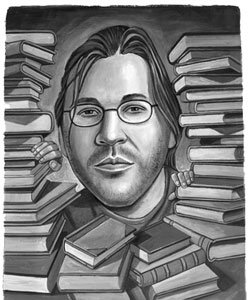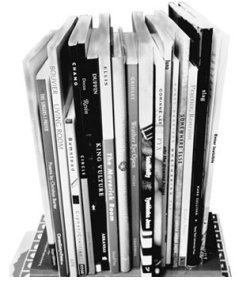The Contester: More Contest News
The University of Georgia Press recently revoked the 2004 Flannery O’Connor Award for Short Fiction given to Brad Vice of Starkville, Mississippi, for his short story collection, The Bear Bryant Funeral Train, which was published in September 2005, after learning that one of the stories contained uncredited material from Carl Carmer’s Stars Fell on Alabama, a book of nonfiction published by Farrar & Rinehart in 1934 and later reprinted by the University of Alabama Press.










